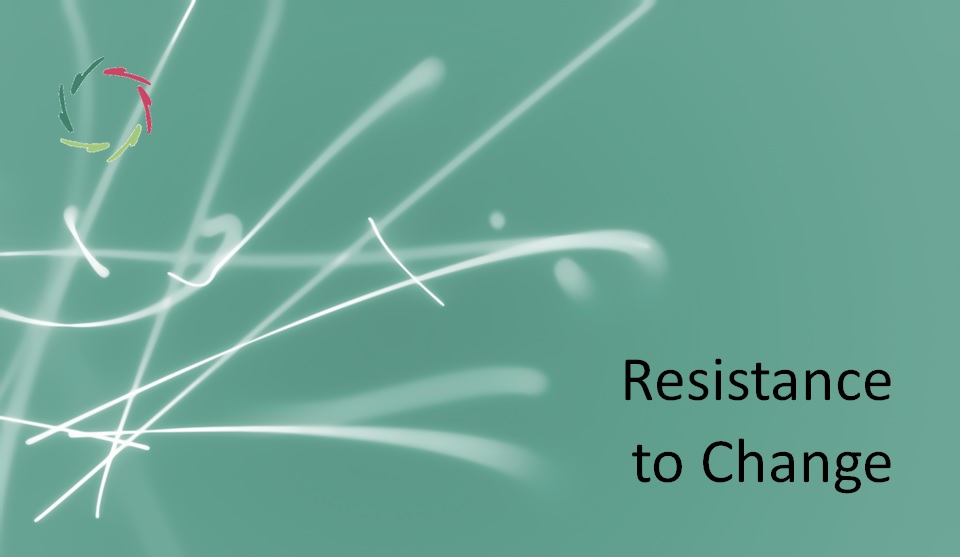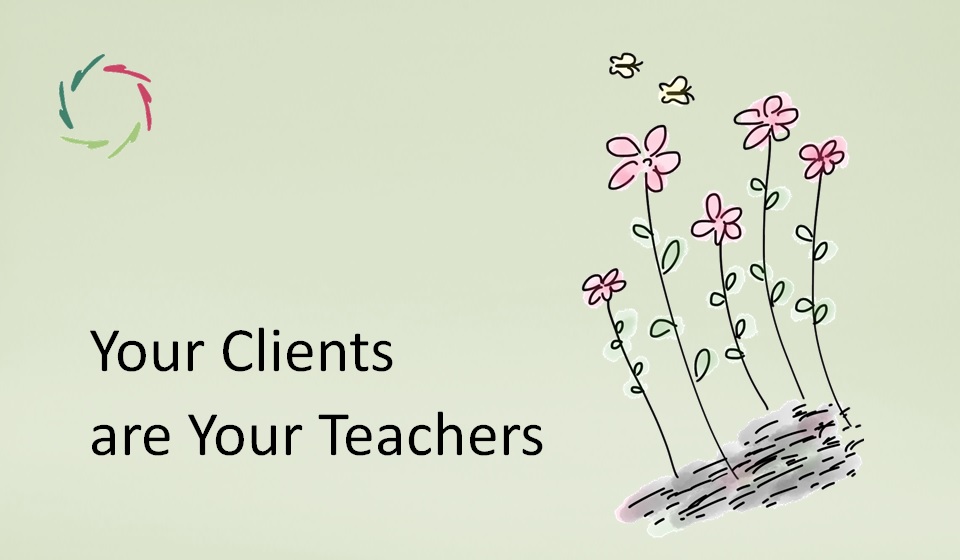Compassionate Goal of Coaching

This goes further than usual. Compassion takes into account the total person and leads to Inner Strength.
More than symptomatic
This means that people need some proper insight early on. To some, this may be a hurdle even to consider it as a worthy goal.
The West, at least, has become a symptomatic society. For instance, advertising continually shows the easy way to ‘be happy.’ The result is a ubiquitous addiction to rather cosmetic solutions. Meanwhile, the problems don’t lose depth. So, they get bigger. We see this in mental and psychosomatic suffering.
Compassion is the other way. It is counter-cultural, as well as what any culture itself requires to be sustainable. Compassion is more than symptomatic. It is an ethical choice. [see: “Essence of Compassion“]
Is this even compatible with Western individualism?
Yes, if one can see in individualism an emphasis on un-dividedness. This is about the total person, consistent in integrity. This is about the individual who can overlap with other individuals without losing oneself ― without being divided.
Such mindset is not the usual Western take on individualism. It may even be somewhat scary to some. One needs to be realistic in this.
Also, an in-depth change (‘growth’) in one person is not always welcomed by his environment in an indiscriminately positive way. Others may get anxious by a change they don’t comprehend. It may push them into a change process for which they are not necessarily ready. Each person’s growth is different. That may sometimes engender resistance, consciously or nonconsciously.
Yet it is what people want most of all.
Behind motivation lies deeper motivation lies yet deeper motivation. The deepest is the attractor. ‘Wanting’ itself comes from here. There is no ‘wanting energy’ from anywhere else.
It is unfathomably attractive to the individual but not readily to a symptomatic society.
Thus, the goal is also a Compassionate society.
From this insight, in the overlapping kind of individualism, Compassion grows with depth.
The coaching goal is client-oriented and more: his environment, people whom he leads, loved ones, the local community, and eventually as broadly as it gets.
The goal is more than a superficially contented coachee.
In measuring the outcome of therapy or coaching, this needs to be taken into consideration. A general feel-good is only part of the Compassionate goal.
Interestingly, the finally Compassionate goal is also the best for the coachee himself. To be healthy in a durable way, it is better to be healthy as part of a healthy environment in which one plays a constructive role. Ideally, this engenders a two-way growth process.
As is well known, a person’s progress in therapy and coaching is substantially influenced by his social environment, the way his new behavior is socially sanctioned.
Thus, an essential aspect of the Compassionate goal is the heightening of the coachee’s Inner Strength. [see: “Inner Strength”] An AURELIS coach takes this endeavor as part of his responsibility.
There is no Compassion without Inner Strength
nor truly Inner Strength without Compassion.
As in many cases, what is most challenging (not necessarily difficult) is also most worthwhile.


